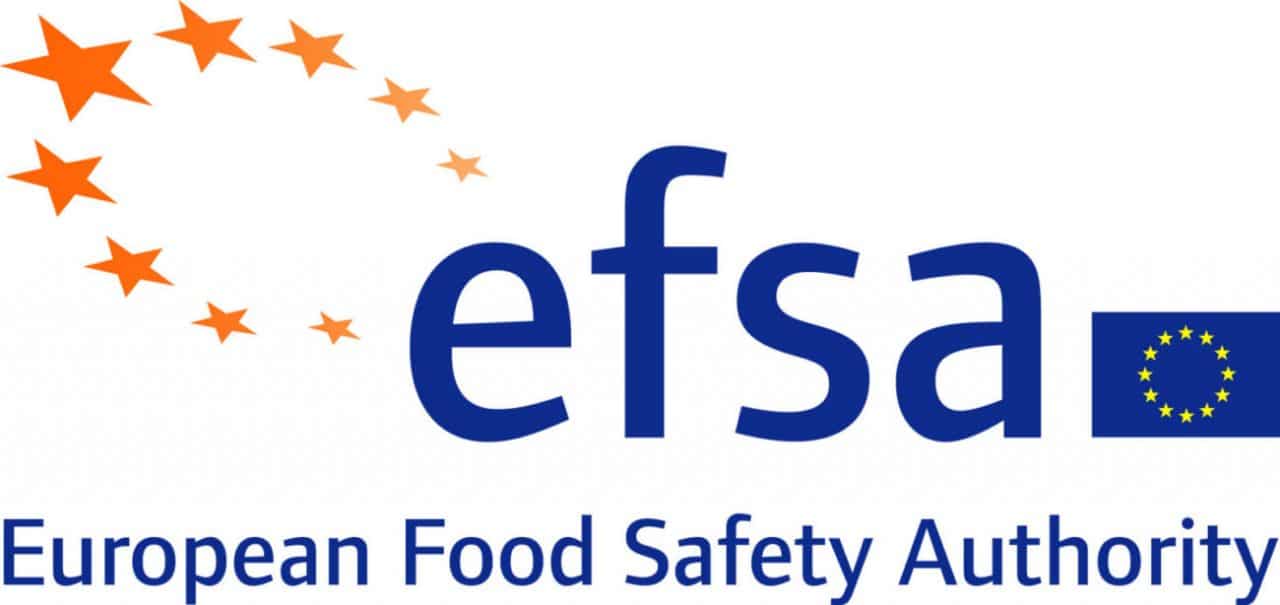The European Food Safety Authority (EFSA) has issued its draft update of its guidance for health claims related to gut and immune function and has opened a public consultation to give stakeholders and other interested parties the opportunity to comment upon it.
The guidance was first published in 2011 to help applicants prepare applications for the authorization of health claims related to the gastrointestinal tract, the immune system, and defence against pathogenic microorganisms.
The agency says: “The revision takes into account the outcome of a public consultation on a discussion paper together with new scientific evidence available to EFSA’s Panel on Dietetic Products, Nutrition and Allergies (NDA) and the experience gained from the evaluation of health claim applications related to the gastrointestinal tract, the immune system, and defence against pathogenic microorganisms.”
Examples in the document of claims not considered sufficiently defined for a scientific evaluation include ‘gut health’, ‘natural defences’, ‘strengthen the immune system’, ‘maintenance of a normal immune system’, ‘normal development of gut function’ and ‘normal digestion’.
Jalal Janmohamed, who runs OptiBac Probiotics, commented on the guidance and consultation: “Further guidance, and the opportunity to comment, is always welcome of course. I think what we’d all like to see more so, however, would be a change to EFSA’s pharmaceutical grade standards used when judging for a health claim. The approach is seen by most as excessive and not fair (nor necessary) for food ingredients and supplements seeking health claims.
“We were disappointed with the outcome and implementation of the European Nutrition & Health Claims regulation. What we initially saw as a positive opportunity for regulators to separate the ‘wheat from the chaff’ (many probiotics on the market have extremely little or no research), became a disappointing situation where all probiotics were classified within one band, and all dismissed. When it comes to probiotics, certain strains such as Lactobacillus rhamnosus GR-1 alongside Lactobacillus reuteri RC-14 have been clinically trialled, in numerous double-blind, randomized, placebo-controlled studies, and yet have no authorized claim. This is a real shame for the industry, and means useful information is not communicated to consumers.”
To view a copy of the draft guidelines, visit the EFSA website at http://www.efsa.europa.eu.
Interested parties are invited to submit written comments by 23 March 2015.











